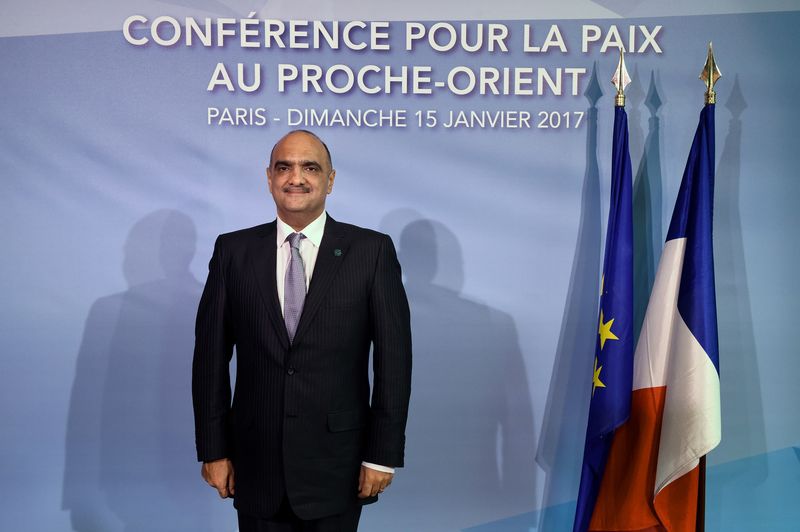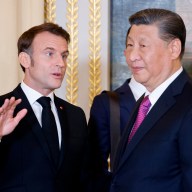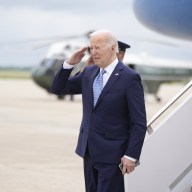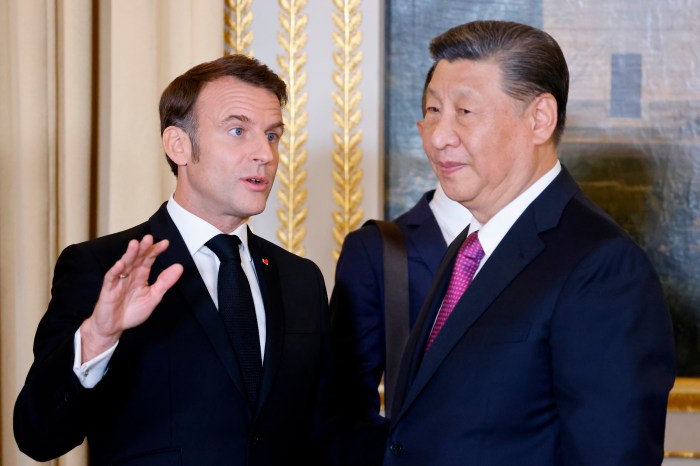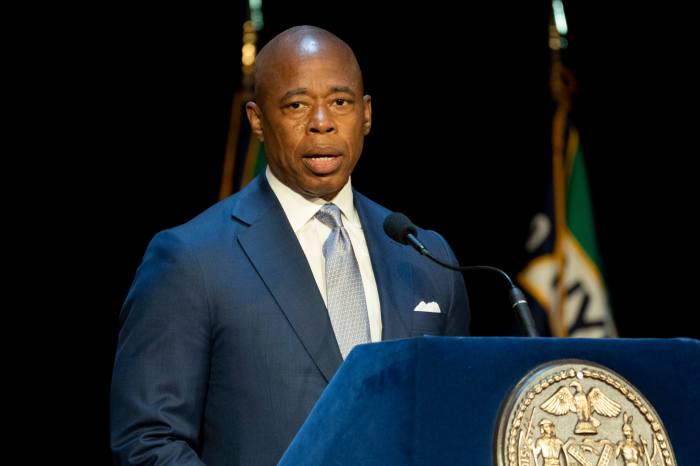AMMAN (Reuters) – Jordan’s King Abdullah on Wednesday appointed veteran diplomat and palace aide Bisher al Khasawneh as the country’s new prime minister, days after accepting the resignation of Omar al-Razzaz, the royal palace said.
The monarch dissolved parliament on Sept. 27 at the end of its four-year term, a move that under constitutional rules meant the government had to resign within a week.
In a letter of designation, the monarch said he entrusted British educated Khasawneh, who has been a palace advisor since last year after a career mostly spent as a diplomat and peace negotiator with Israel, to form a cabinet of qualified ministers who would rise to the country’s challenges.
“The formation of this government comes at an exceptional time,” the monarch said, referring to the fast spread of the coronavirus pandemic. He said the new government should boost capacity in the health care system amid medical fears it could collapse if community spread gets out of control.
Khasawneh will oversee parliamentary elections due on Nov. 10 whose outcome is expected under an electoral law that marginalises the Islamist opposition to maintain a majority of pro-government deputies.
The country is facing a peak in COVID-19 infections at a time of rising popular discontent over worsening economic conditions and curbs on public freedoms under emergency laws.
Jordan’s economy is expected to shrink by 6% this year as the country of 10 million grapples with its worst economic crisis in many years, with unemployment and poverty aggravated by the pandemic.
Unemployment hit a record 23% in the second quarter, while poverty has deepened in a country whose aid-dependent economy was struggling before the crisis.
Outgoing Prime Minister Omar al Razzaz, who was appointed in 2018 to defuse the biggest protests in years over IMF austerity moves, has faced growing criticism of his handling of the pandemic and his failure to combat corruption.
International rights groups lambasted the authorities for arresting hundreds of teacher activists after dissolving their opposition-led elected union last July.
The detention of scores of dissidents and civic activists for criticism of the government media has raised alarm over a tighter authoritarian grip, rights groups and independent politicians say.
(Reporting by Suleiman Al-Khalidi; Editing by Catherine Evans and Richard Pullin)

